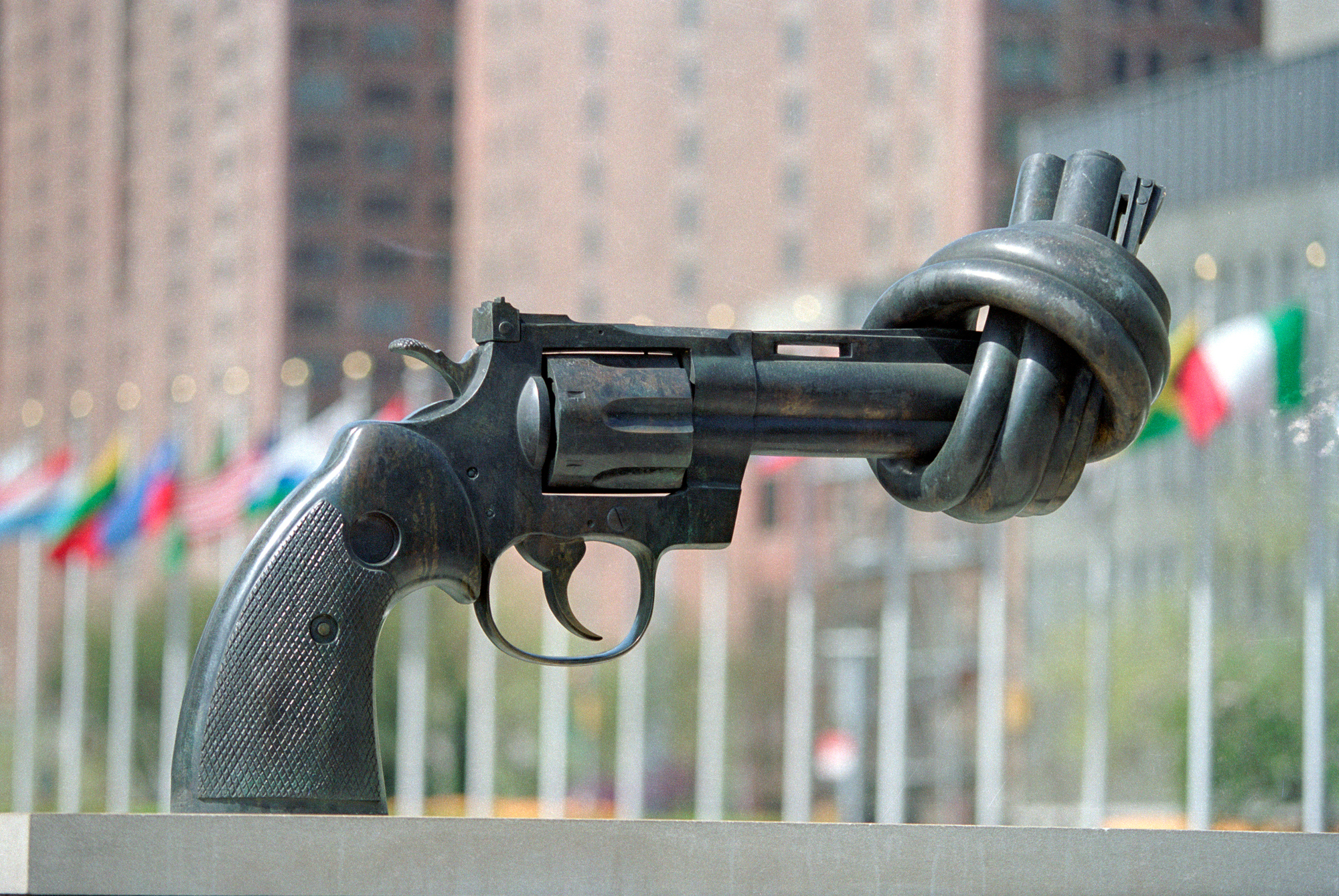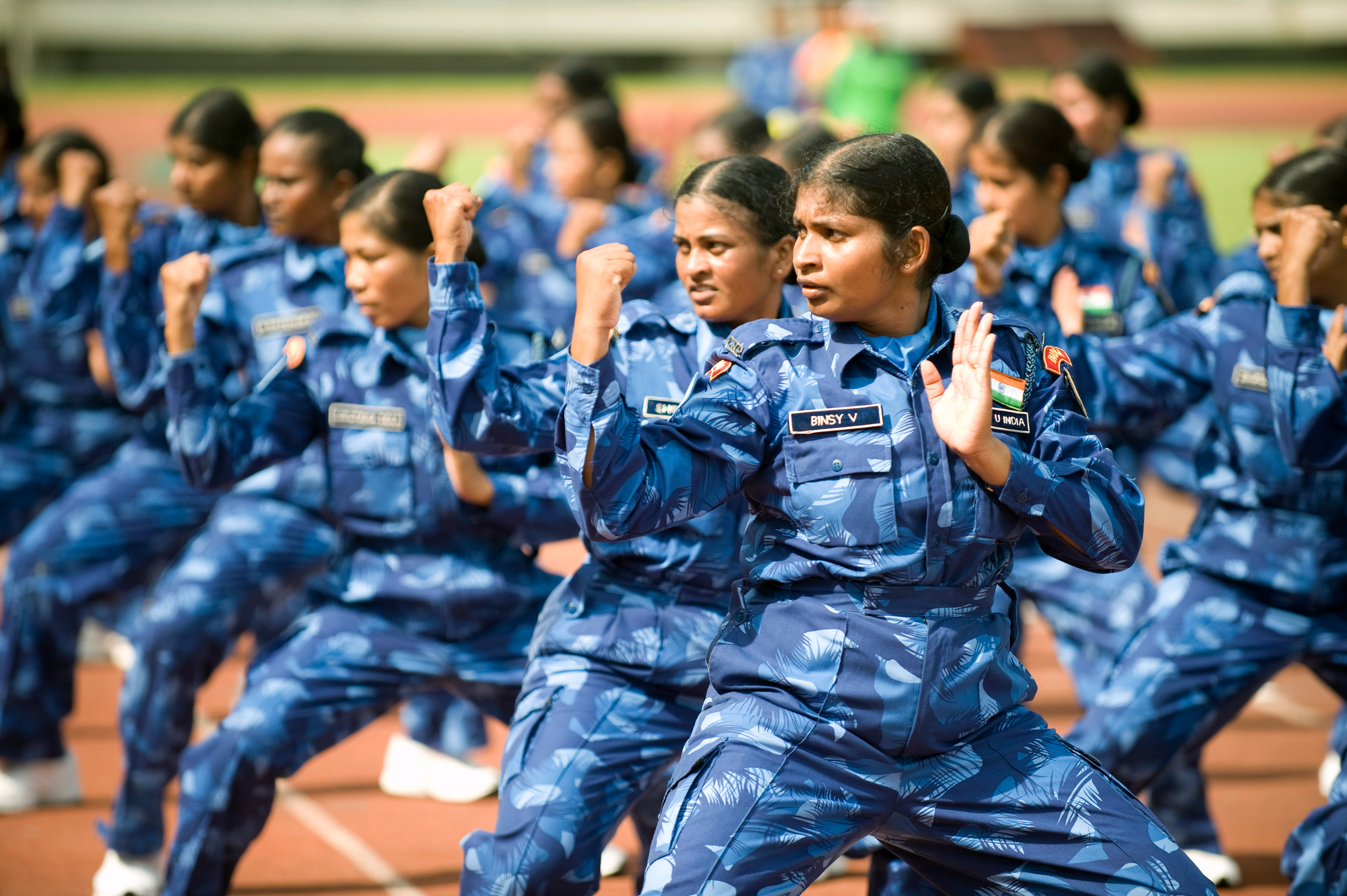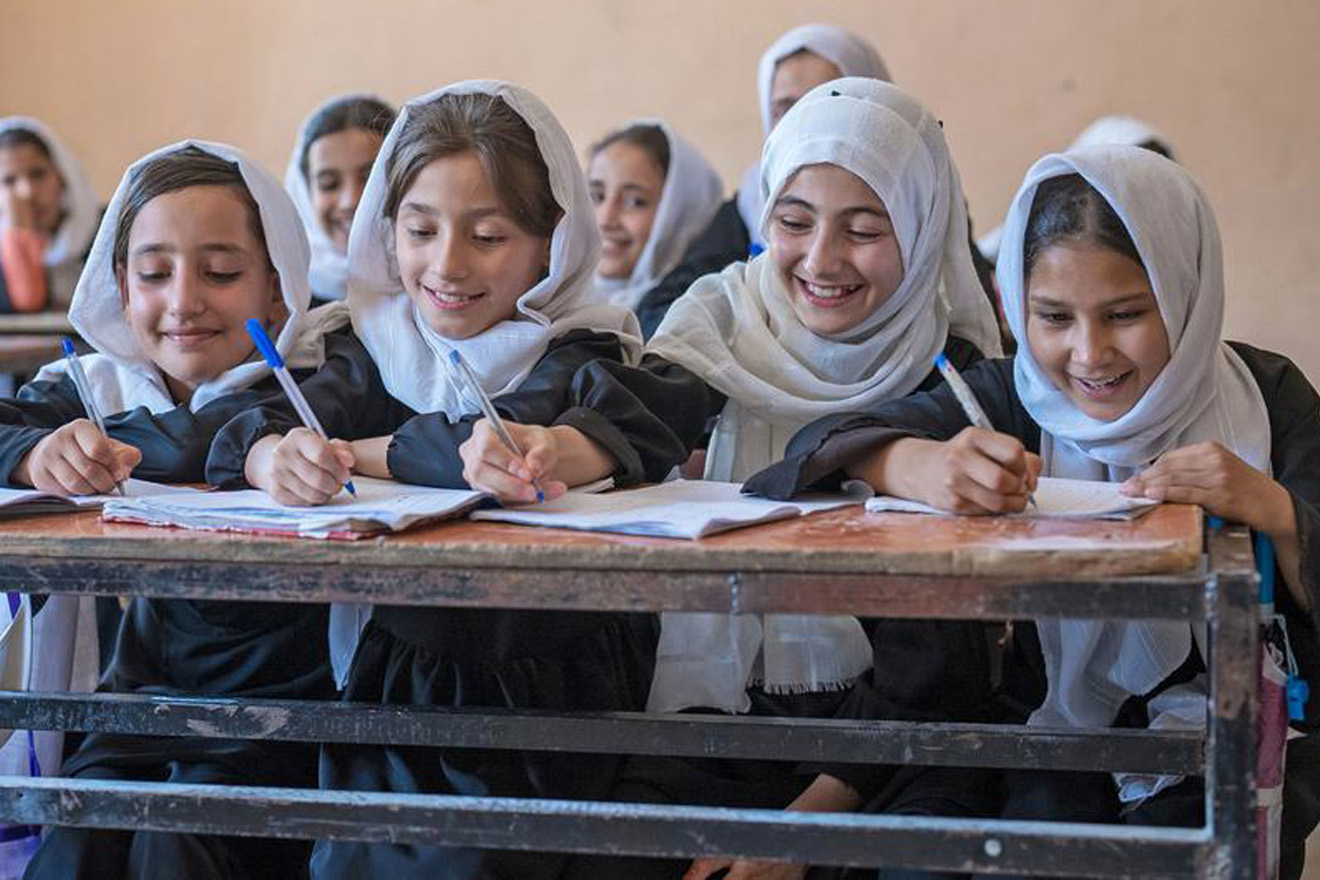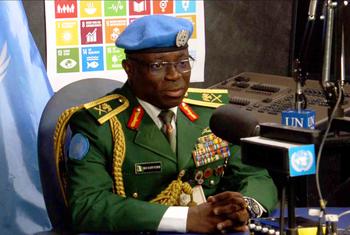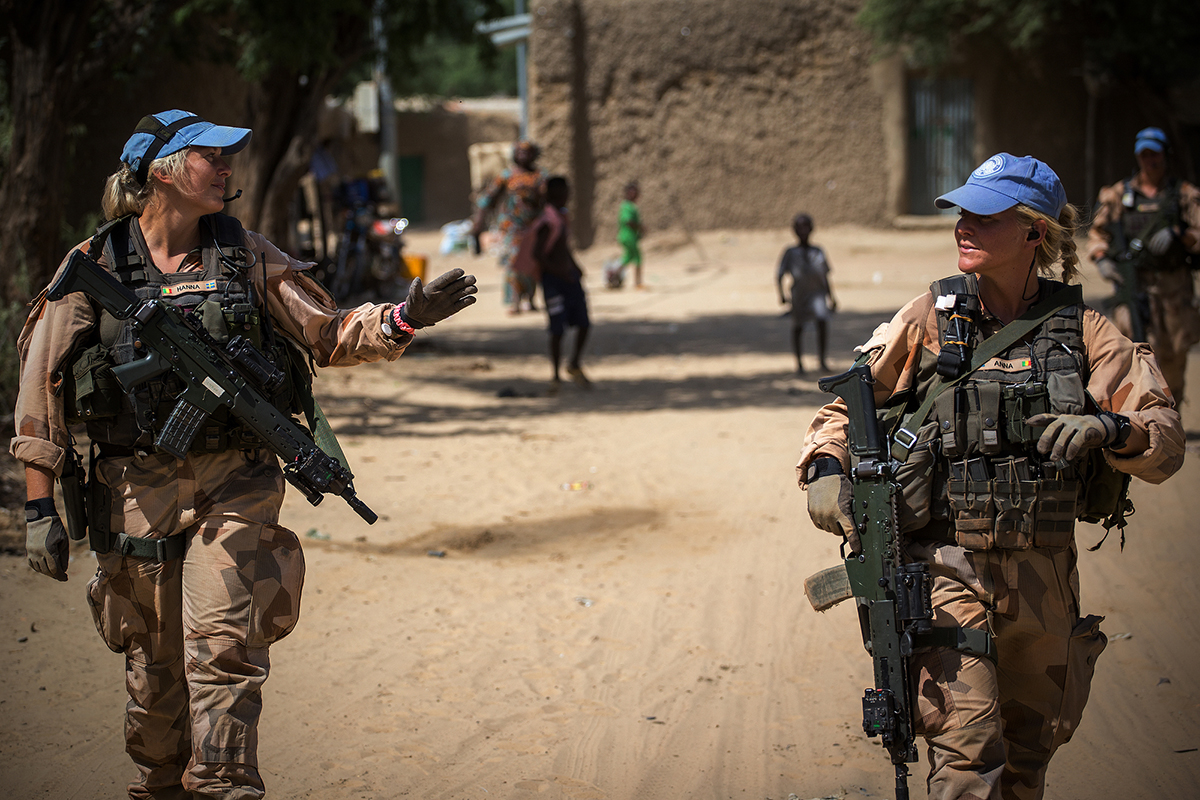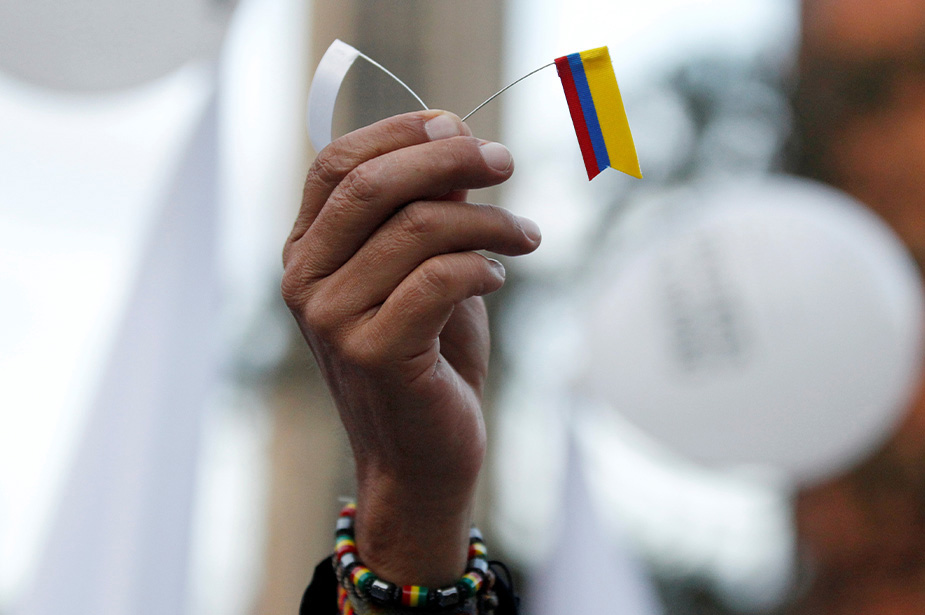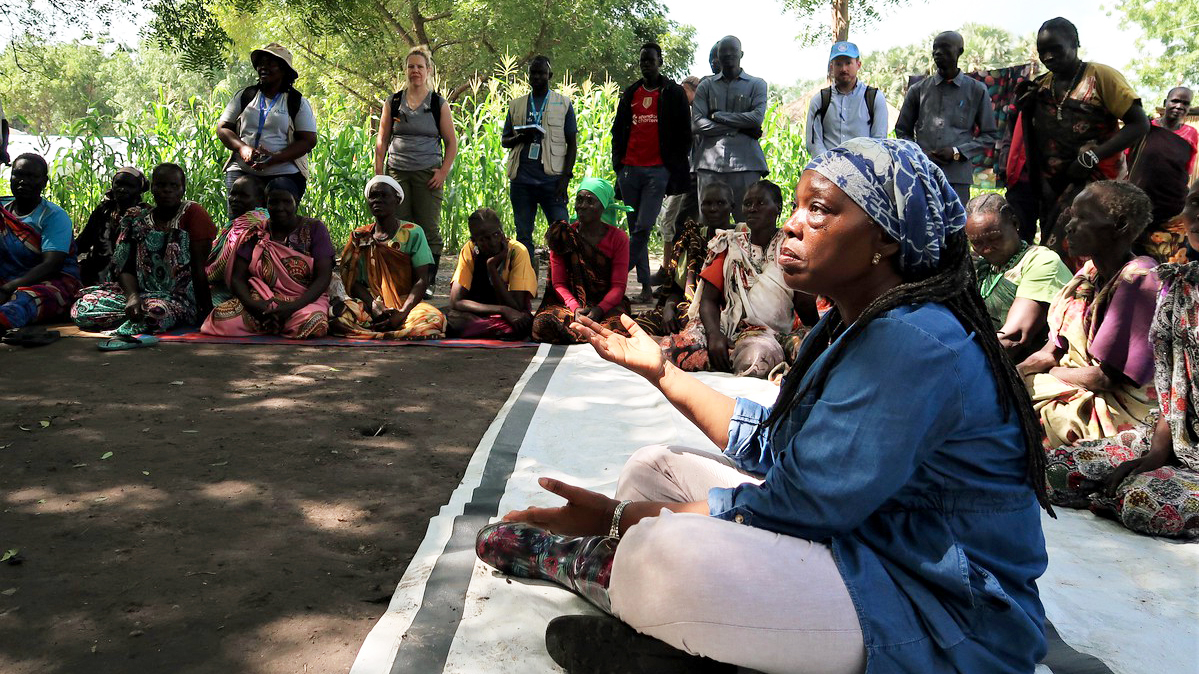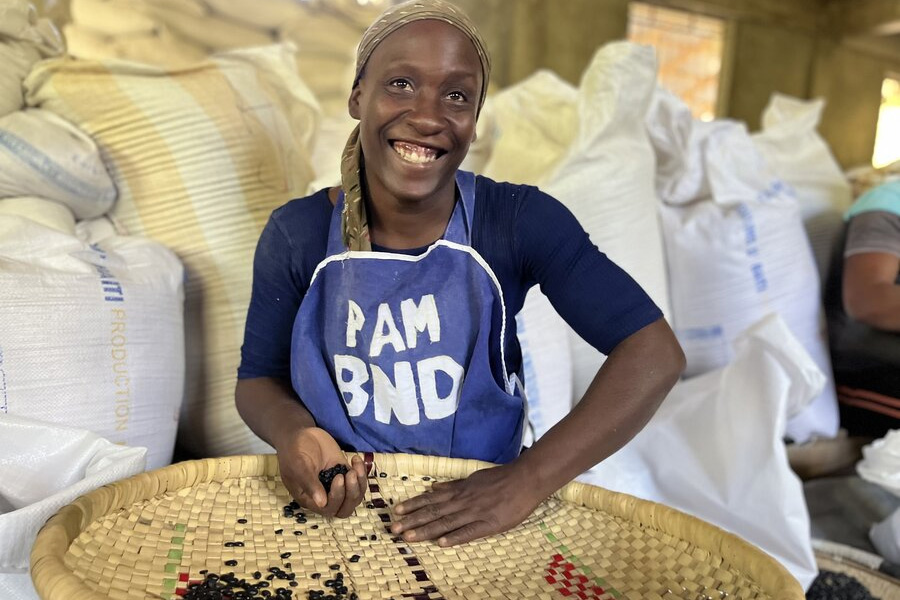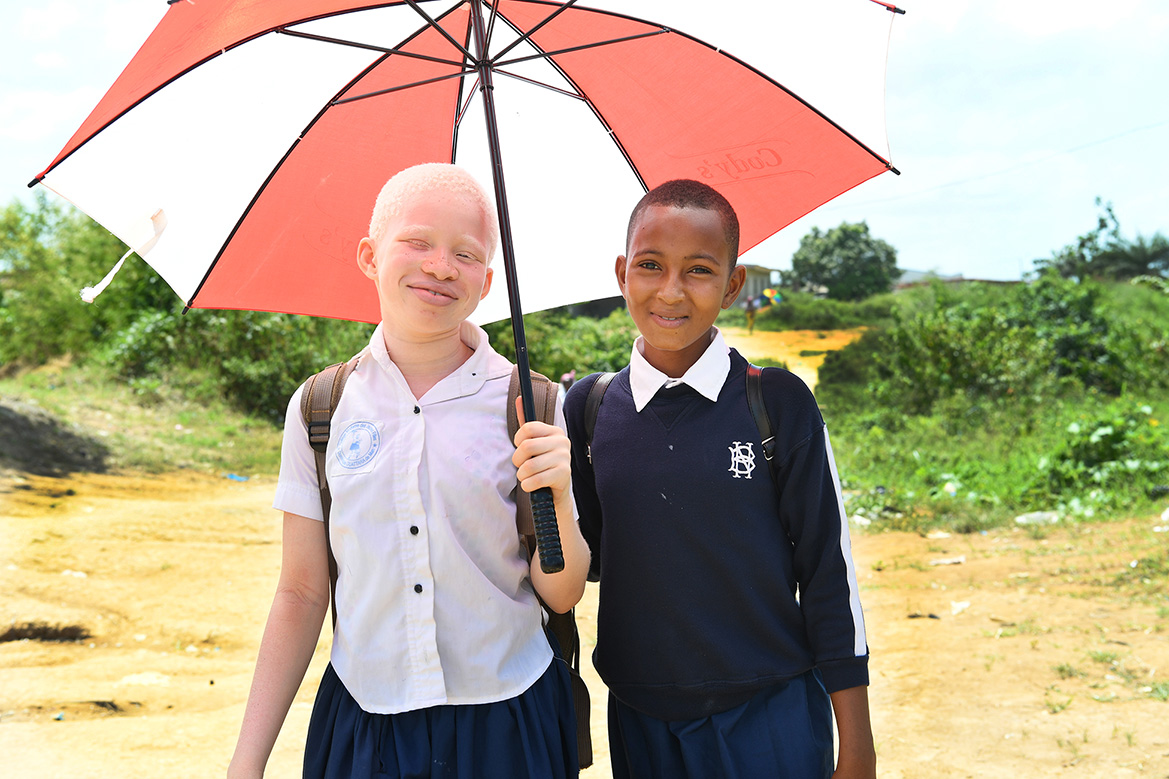The UN Secretary-General urges “to end this vicious circle of bloodshed, hatred and polarization,” and warns against “irreversible action that would embolden extremists and doom any prospects for lasting peace.”
The international community today confronts grave challenges, including growing inequalities, proliferating conflicts, worsening climate change, and internal divisions within countries. Nevertheless, by embracing diversity, promoting social cohesion, cooperation, and equal opportunities for all, we can create a more peaceful future. On this International Day of Non-Violence (2 October, the birthday of Mahatma Gandhi), Secretary-General António Guterres calls upon the world to uphold Gandhi's timeless principles of mutual respect, justice, and non-violent action.
The Chemical Weapons Convention is an international treaty by OPWC dedicated to a world free of chemical weapons while recognising the role of dual-use nature in many chemicals and their importance in industry and development.
On September 21, we commemorate the International Day of Peace. Today, as the world faces the largest number of conflicts since World War II, UN Peacekeeping is calling for collective action towards sustainable peace.
Premiering September 14, 2023, the "Peace Begins With Me" multimedia poem showcases a creative collaboration between Congolese peacekeeper and musician Pacifique Akilimali and Nigerian peace advocate and poet Maryam Bukar Hassan. See Michael Douglas, Nancy Ajram & others as they join UN Peacekeeping in the fight for peace. Join the peacekeeping campaign!
Women police officers play a crucial role across the full spectrum of policing, from crime prevention to criminal investigations, the protection of human rights, and safety and security. Evidence shows that their full, equal and meaningful participation in all policing functions is vital to achieving more effective, efficient and accountable services. On this inaugural commemoration of the International Day of Police Cooperation (7 September), the United Nations Inter-Agency Task Force on Policing, together with INTERPOL, highlights the vital role of women in policing.
Education is a fundamental human right. For children and youth caught up in emergency situations, education not only means the continuity of learning, but it also provides a sense of normalcy and the key to a different future, alerts the United Nations Educational, Scientific and Cultural Organization (UNESCO). With the knowledge, skills and support gained through education, generations survive crises and lead the world toward a sustainable future. This is particularly true for vulnerable groups including girls, migrants, refugees and people with disabilities, among others.
The continuing battle for control of Sudan between rival militaries has had a destabilizing effect on the contested area of Abyei claimed by both Sudan and South Sudan, for both the UN mission there, UNIFSA, and the civilians they are mandated to protect.
"To save succeeding generations from the scourge of war" are among the first very words of the UN Charter (in its Preamble), and those words were the main motivation for creating the United Nations, whose founders had lived through the devastation of two world wars by 1945. Since the UN's creation on 24 October 1945 (the date its Charter came into force), the United Nations has often been called upon to prevent disputes from escalating into war, or to help restore peace following the outbreak of armed conflict, and to promote lasting peace in societies emerging from wars.
Colombia’s conflict has torn the souls of Colombians apart for almost 70 years. The only road we have left is reconciliation.
UNICEF presents 14-year-old Djeneba's poem which reveals a vivid picture of a young boy struggling to survive because of conflict in Burkina Faso
“How can I not have sleepless nights when you have to choose between whether you fund the services for gender-based violence, or whether you fund the services for food, because for some children, it's only that one meal in school that they have all day.”
Growing up in Liberia, Sara Beysolow Nyanti is no stranger to the lasting pain of a country ravaged by recurring violence. As Former Resident and Humanitarian Coordinator in South Sudan, she often encountered the anguish of those bearing the psychological scars of war. “This woman [told me] we have nightmares … And she talked about losing her four children and she said it without crying. My heart was crying while she was speaking … I couldn't bear it.”
Reeling from decades of conflict, South Sudan is now suffering the devastating impacts of climate change. Floods have hit many areas, forcing locals to share dry land with deadly snakes. In this episode, Sara Beysolow Nyanti reflects on the mounting climate threat, prospects for peace, and retaining hope in one of the world’s most dangerous places.
Photo credit: ©UNMISS/Linda Tom
UNODA and the government of Japan's new learning programme is aimed at equipping the leaders of the future with the knowledge, skills, and network to join global efforts to eliminate nuclear weapons – the most dangerous weapons on earth.
Haiti’s hunger crisis is unseen, unheard, and unaddressed leaving more than 4.9 million Haitians struggling to eat day-to-day. Pervasive insecurity and extreme weather conditions are inhibiting access to the rich food productive areas in the region. WFP is optimistic that despite these challenges, empowering the local community will build long-term capacities in bridging the food crisis. There needs to be a multi-sector response and investments in the local grassroot organizations to stabilize humanitarian assistance in Haiti.
Albinism is a genetically inherited difference present at birth. It results in a lack of pigmentation in the hair, skin and eyes, causing vulnerability to the sun and resulting in visual impairment and proneness to skin cancer. This year’s International Albinism Awareness Day aims to ensure the inclusion of the voices of persons with albinism in all sectors of life. It emphasises the importance and benefits of including a broad spectrum of persons with albinism in albinism-related discussions; embracing albinism within the disability movement; and seeking synergies with human rights groups.
Heavy fighting continues as the prospect of acute hunger is becoming more likely by the day. In almost one month, hundreds of people have been killed in the fighting, over 150,000 have fled Sudan, and hundreds of thousands have become internally displaced, adding to those already displaced by previous conflicts.

